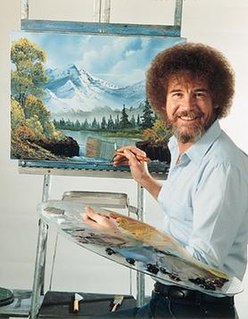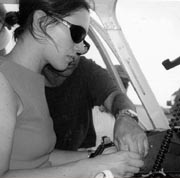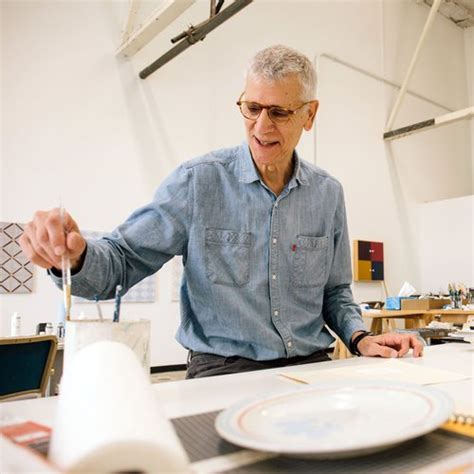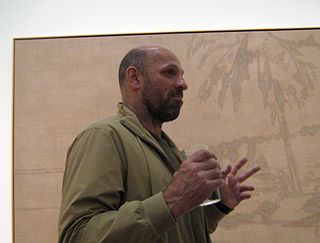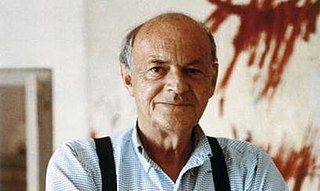A Quote by Georg Baselitz
In Germany, we often hear the absurd complaint that museums don't have the money to buy paintings. Of course, I'm not talking about me and my paintings. There are, after all, more popular painters in this country.
Related Quotes
People are still making paintings. People are still enjoying paintings, looking at paintings. Paintings still have something to tell us. There's a way of being in the world that painting brings to us, that painters bring to the task that we absorb and are able to be in dialogue with. That's something that's part of us.
I think that people tend to look at the paintings as being resolved or finite. But, to me, a painting can be an index for all of the paintings I've done and all of the paintings I'm going to do. It's like if I'm doing a film of the Olympics, I'm not examining a specific sport; I'm interested in the overall context.
The earliest paintings I loved were always the most non-referential paintings you can imagine, by painters such as Mondrian. I was thrilled by them because they didn't refer to anything else. They stood alone, and they were just charged magic objects that did not get their strength from being connected to anything else.


